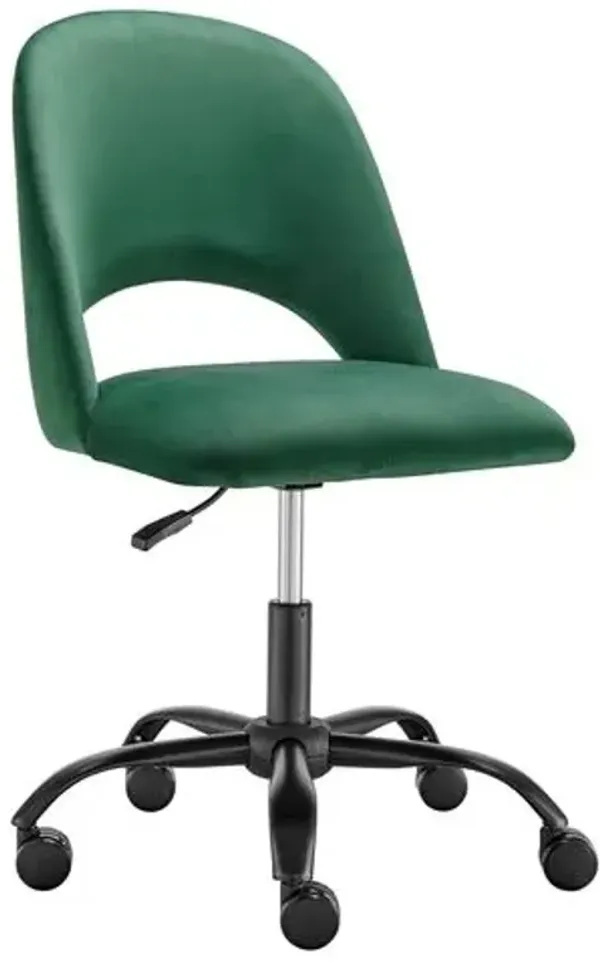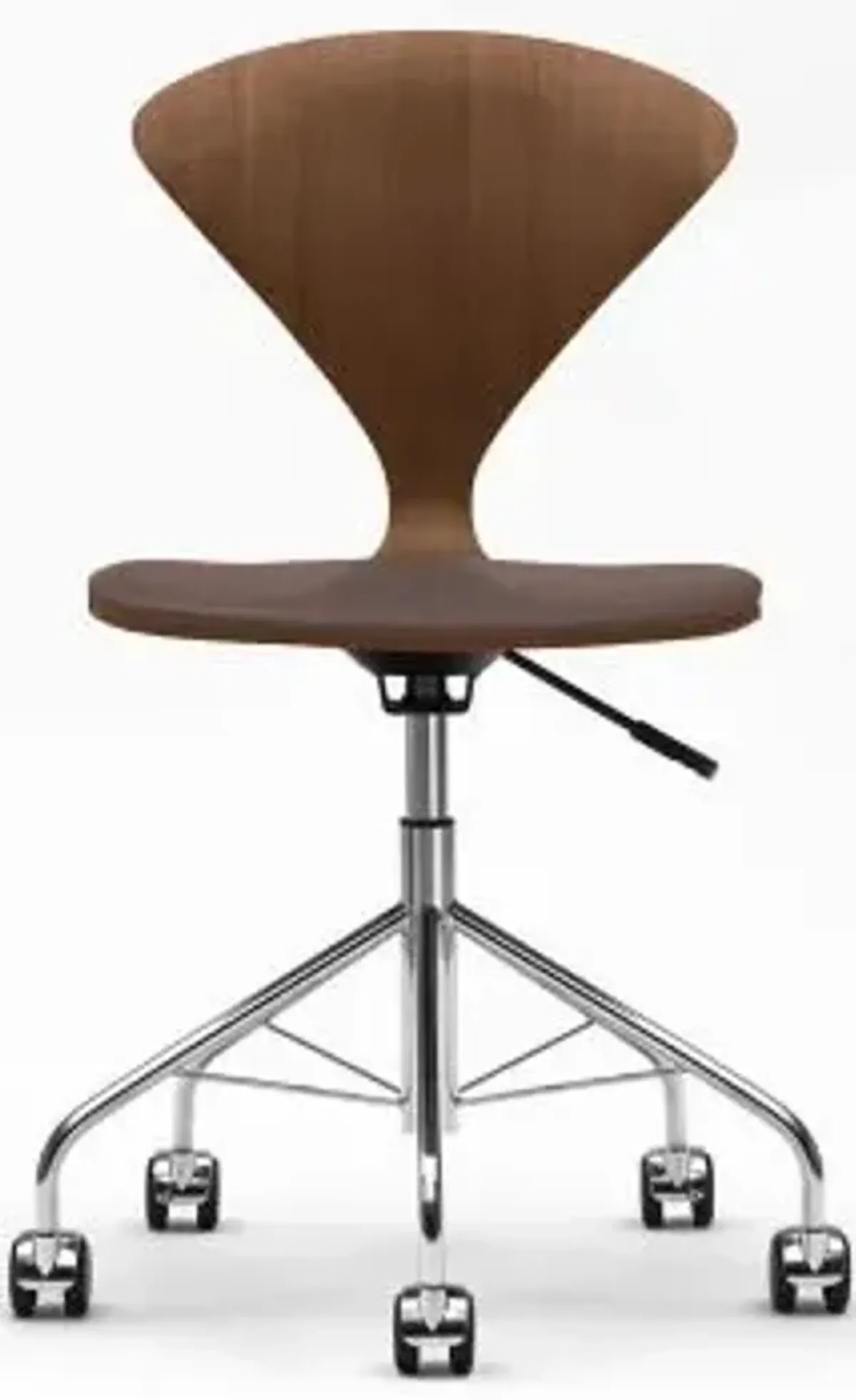You're on the list
By signing up, you agree to receive email marketing.
























If you’ve spent any extended period of time sitting at a desk, you’ll know that a comfortable and supportive chair can be the difference between a productive day’s work and hours of pain or discomfort. Finding the proper chair for your home office setup takes a little bit of research, but will be well worth it in the long run.
When it comes to choosing a desk chair, there isn’t a one-size fits all approach. The settings and functionality will be determined by a person’s physical attributes—like height, weight, and any additional support that’s needed (i.e. lumbar support). Learn more in our guide below.
To help hone in on the ideal desk chair, consider the primary function needed, as well as any physical accommodations needed while completing tasks. Do you plan to spend a full 8-hour work day sitting in this chair? Is your work computer-heavy and involves looking at screens? Is the ability to change between sitting and standing throughout the day important? Here are some initial factors to consider before you start your search.
To help hone in on the ideal desk chair, consider the primary function needed, as well as any physical accommodations needed while completing tasks. Do you plan to spend a full 8-hour work day sitting in this chair? Is your work computer-heavy and involves looking at screens? Is the ability to change between sitting and standing throughout the day important? Here are some initial factors to consider before you start your search.
When it comes to sitting for long hours, an ergonomic chair is your best bet. These chairs are specifically designed to provide optimal support and comfort and reduce the risk of the discomfort and fatigue associated with sitting for extended periods of time. Look for chairs with adjustable features such as lumbar support, seat height, armrests, and tilt mechanisms. Breathable materials and ample padding can enhance comfort during prolonged use.
Investing in an ergonomic chair can help maintain good posture, alleviate strain on your body, and improve overall productivity and well-being during long hours at a desk.
Knowing when to replace your office chair will help you stay comfortable. Signs that it's time for a replacement include visible wear and tear such as frayed upholstery or broken parts, decreased support and comfort, persistent discomfort or pain while sitting, and difficulty adjusting the chair to your preferred settings.
Generally, if your chair no longer provides adequate support or if you experience discomfort despite making adjustments, it's time to consider investing in a new one. Regularly inspecting your chair for telltale signs of age and evaluating its comfort level can help you determine when it's time for an upgrade.
An ergonomic chair is a type of seating designed to support the natural curvature of the spine and promote healthy posture while sitting. These chairs are adjustable to accommodate individual preferences and body types so you can customize settings for your unique comfort and support. Key features of ergonomic chairs include adjustable lumbar support to maintain the spine's natural curve, adjustable seat height to ensure alignment of the hips and knees, adjustable armrests to support the arms and shoulders, and a recline mechanism to promote dynamic sitting.
You're on the list
By signing up, you agree to receive email marketing.